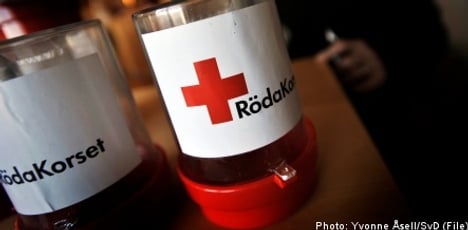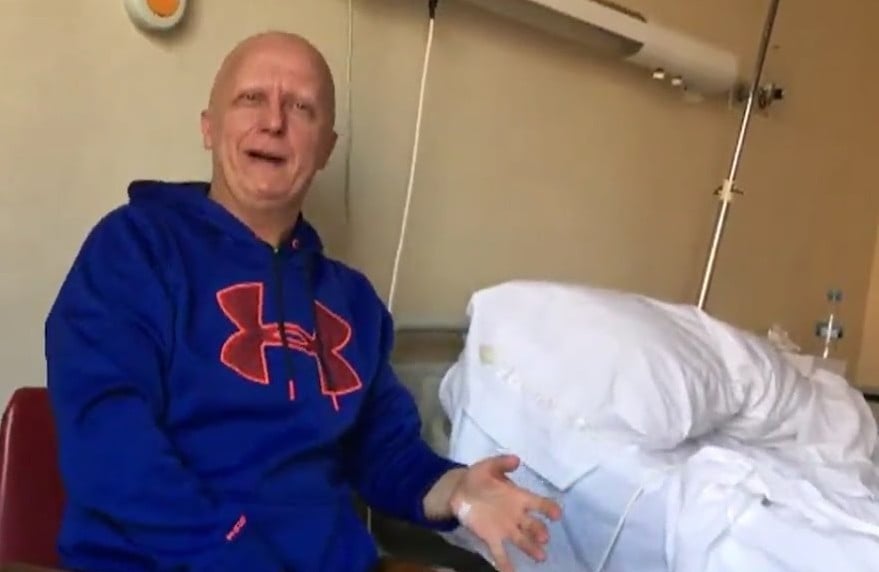Figures compiled by the Swedish Fundraising Council (Frivilligorganisationernas Insamlingsråd – FRII), which includes 121 charitable organisations in Sweden, show that Swedes donated around 5 billion kronor ($775 million) to charitable causes in 2010.
While final figures for 2010 have yet to be counted, Fundraising Council head Erik Zachrison said that charitable giving for the year could reach the 5.3 billion kronor donated by Swedes in 2005 in the wake of the tsunami which devastated many parts of southeast Asia and claimed the lives of more than 540 Swedes.
“We don’t know the exact figures yet, but that’s a reasonable guess,” he told The Local.
In 2009, individual donations in Sweden came to slightly less than 5 billion kronor. Adding gifts from companies and other organisations brings the total level of charitable giving in Sweden up to around 7 billion kronor for 2009, an increase of 500 million kronor from 2008.
And the trend of increased giving appears to have continued for 2010, despite a number of high profile scandals at influential Swedish charities, including the fraud conviction of Johan af Donner, a former communications chief with the Swedish Red Cross, for swindling the organization out of millions of kronor.
In addition, fears that new restrictions on anonymous giving which went into effect in 2008 would result in a decline in donations have failed to materialize.
While giving to charity remains strong, the reputation of charitable organisations in Sweden has suffered in the wake of various scandals and questions about how the organisations use donations.
A survey by Swedbank Robur showed that 26 percent of the population has little or no confidence that their donations end up going to the intended cause, the Riksdag & Departement newspaper reported.
Zachrison cited the af Donner scandal, as well as discussions about high paid executives at some charities, as part of the explanation for the drop in confidence.
Nevertheless, he remains optimistic about the ability of charities to raise money in Sweden.
“I think Swedes’ charitable giving habits are changing,” he said.
“People are becoming increasingly aware of the good work that charities do and donors are saying to themselves, ‘I want to be a part of that’.”
In addition to increased awareness, Zachrison also cited the fact that more international charities are establishing offices in Sweden.
“There are more actors now and I think that the pie [of donations] will keep getting bigger,” he said.
Recent tax cuts and low interest rates have helped many Swedes feel a bit more generous as well, he added.
“Swedes have lots more money now than they did and charities are benefiting. We’ve got a bit of a tailwind,” he said, adding that he expects to see charitable giving continue to rise in Sweden in the years ahead,” said Zachrison.



 Please whitelist us to continue reading.
Please whitelist us to continue reading.
Member comments